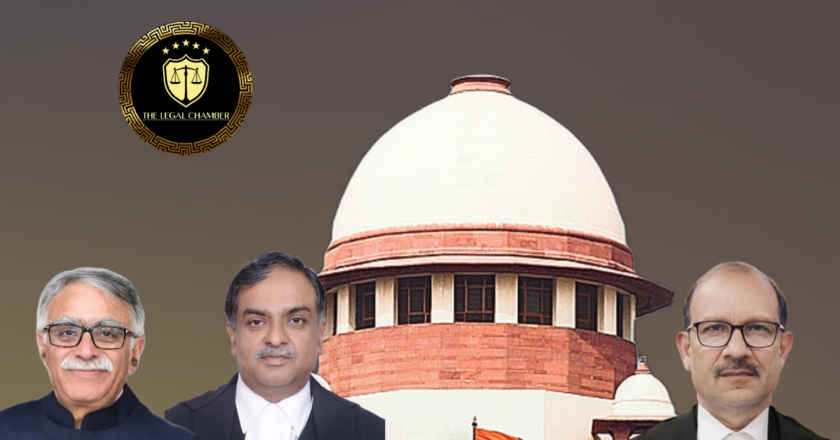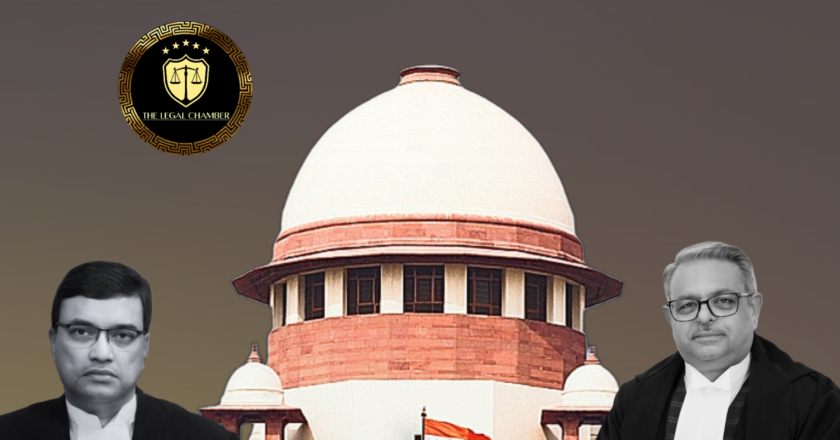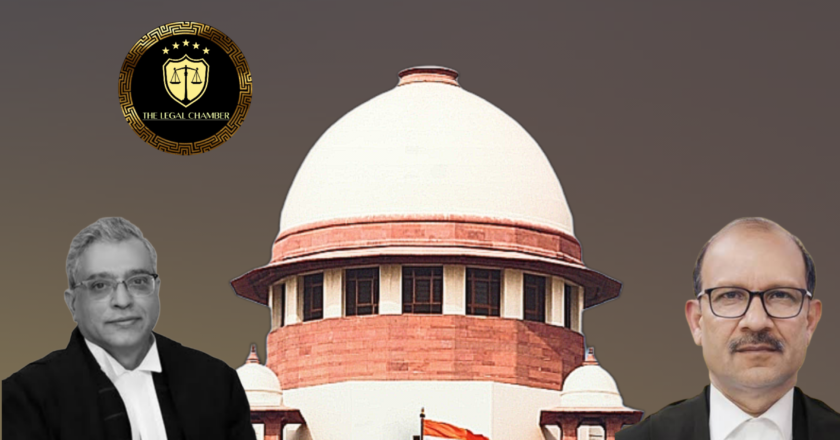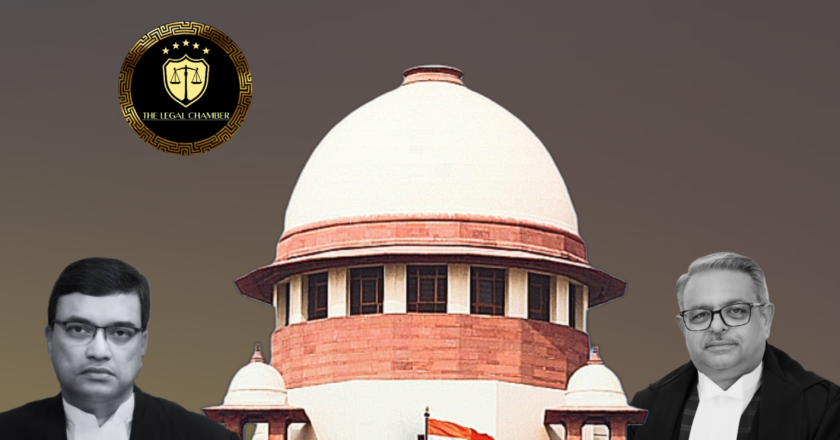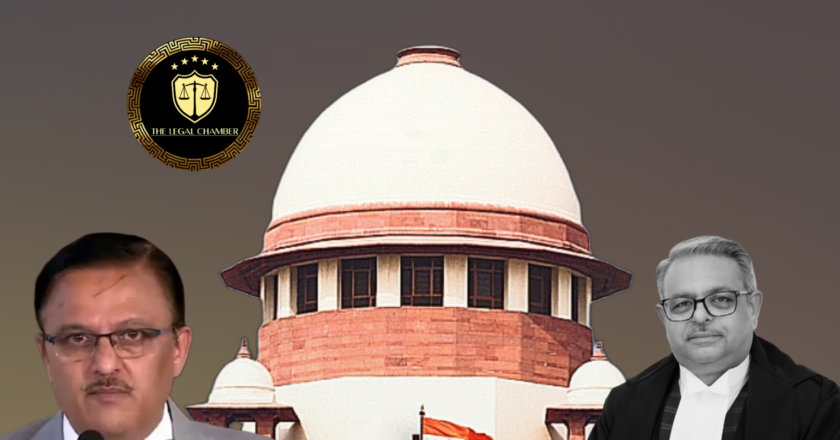A New Lease on Life: Supreme Court Allows Death Penalty Review Based on New Mitigation Guidelines
This Supreme Court judgment holds that its extraordinary power under Article 32 of the Constitution can be invoked to reopen the sentencing stage in death penalty cases that have attained finality. This is permissible to remedy a clear breach of the procedural safeguards for individualized sentencing mandated in Manoj v. State of M.P., which are integral to the fundamental rights under Articles 14 and 21. The Court clarified that such judicial declarations operate retrospectively.
Facts Of The Case:
The case concerns the petitioner, Vasanta Sampat Dupare, who was convicted and sentenced to death for the 2008 kidnapping, sexual assault, and murder of a four-year-old girl in Nagpur. His conviction and death sentence were confirmed by the High Court in 2012 and ultimately upheld by the Supr...
